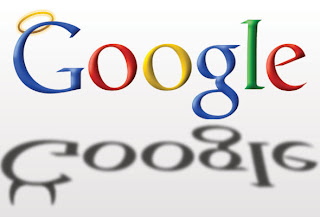India has made a lot of great achievments in a very short period of time. They are becoming very influent on the world, their economic growth is tremenduous. But what about inclusive growth ? Does, in India at least, economic growth automatically mean well-being ?
The main problem deals with the reformers, who are stuck to the old British institutional systems, which is totally outdated. India needs to reform its own institutions starting from legal system to find ways to be more transparent. I think that India can only thrive under a system that give to all Indian citizens a genuine opportunity to prosper. Moreover, India and its growing population will always doing harsh jobs for a great part of the world. How can this situation evolve ? How can economic growth be linked to development ? How to foster it ?
Then, despite of the economic growth, there is still a lot to do about corruption, violent religions, the poor cities likes Bungalore where the number of people below the poverty line is going to rise. Somebody said one generation has to suffer so that the future generations can enjoy the benefits of change.
To conclude, I would say that, generally speaking, the BRICs are currently facing this issue. In other words, they tend to prefer economic growth at the expense of development. Then, that's a kind of mistake to say that BRICs will be the future (excuse me, the Future). Of course they will be. But some countries need to take into account people's needs. I am quite sure that economic growth is not the most important thing to be in the political spectrum.
The main problem deals with the reformers, who are stuck to the old British institutional systems, which is totally outdated. India needs to reform its own institutions starting from legal system to find ways to be more transparent. I think that India can only thrive under a system that give to all Indian citizens a genuine opportunity to prosper. Moreover, India and its growing population will always doing harsh jobs for a great part of the world. How can this situation evolve ? How can economic growth be linked to development ? How to foster it ?
Then, despite of the economic growth, there is still a lot to do about corruption, violent religions, the poor cities likes Bungalore where the number of people below the poverty line is going to rise. Somebody said one generation has to suffer so that the future generations can enjoy the benefits of change.
To conclude, I would say that, generally speaking, the BRICs are currently facing this issue. In other words, they tend to prefer economic growth at the expense of development. Then, that's a kind of mistake to say that BRICs will be the future (excuse me, the Future). Of course they will be. But some countries need to take into account people's needs. I am quite sure that economic growth is not the most important thing to be in the political spectrum.



